Political socialization
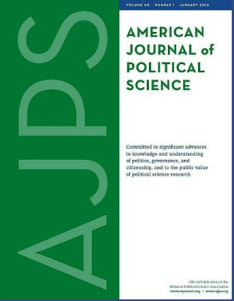
Gender, political knowledge and descriptive representation
Abstract Successive studies have found a persistent gender gap in political knowledge. Despite much international research, this gap has remained largely impervious to explanation. A promising line of recent enquiry has been the low levels of women’s elected representation in many democracies. We test the hypothesis that higher levels of women’s elected representation will increase […] Read more
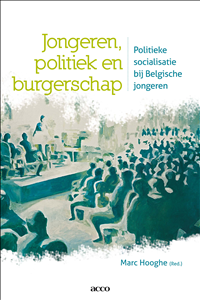
De invloed van lessen over politiek op politieke kennis bij jongeren

De invloed van burgerschapsopvoeding op school op politieke houdingen
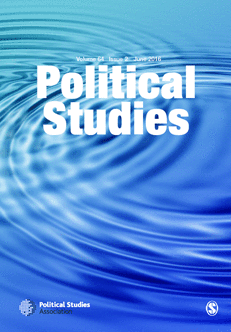
The Impact of Education on the Development of Political Trust
Abstract There is a strong ongoing debate about the impact of higher education experiences on political attitudes and behaviours. While some authors assume a direct socialisation effect of educational experience, others have argued that education should be seen as a mere proxy variable for socio-economic status and pre-adult socialisation experiences. In this article we use […] Read more
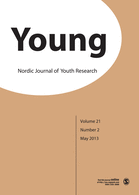
Voters and Candidates of the Future
Abstract Within the literature there is a growing concern about lower voter turnout rates among young-age cohorts. In this article we investigate the reported willingness to vote among 72,466 14-year-old adolescents from 22 European countries, who took part in the International Civic and Citizenship Education Study (ICCS) 2009. Results indicate that the willingness to vote […] Read more
The Relation between Civic Education and Political Attitudes and Behavior
Abstract It is generally assumed that civic education efforts will have a positive effect on the political attitudes and behaviors of adolescents and young adults. In the present study, we distinguish among formal civic education, an open classroom climate, and active learning strategies, and we explore their relation with political interest, efficacy, trust, and participation. […] Read more
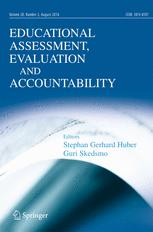
The Effects of Civic Education on Political Knowledge
Abstract Traditionally political knowledge was regarded as an important potential outcome for civic education efforts. Most of the currently available research, however, tends to focus on non-cognitive goals, despite the fact that studies repeatedly have shown that political knowledge is an important resource for enlightened and engaged citizenship. In this article, we investigate whether civic […] Read more